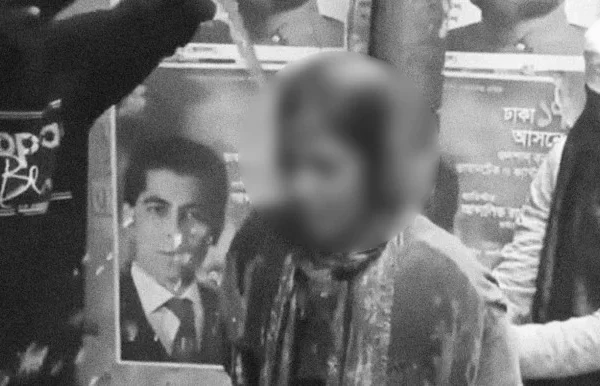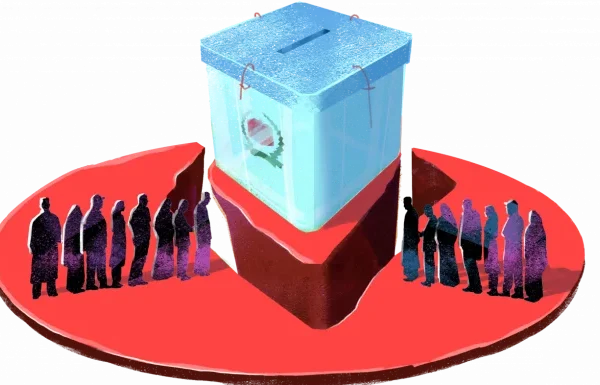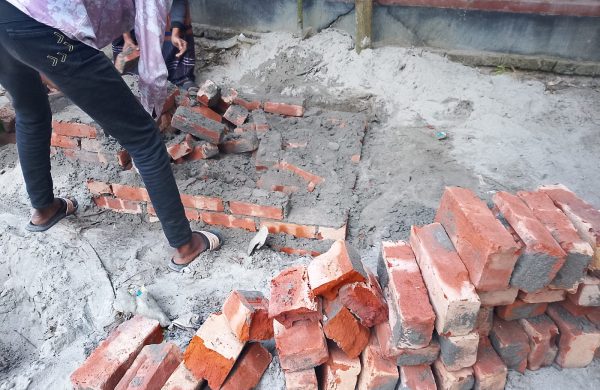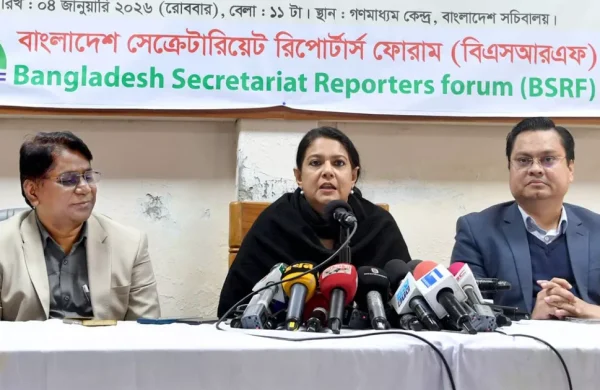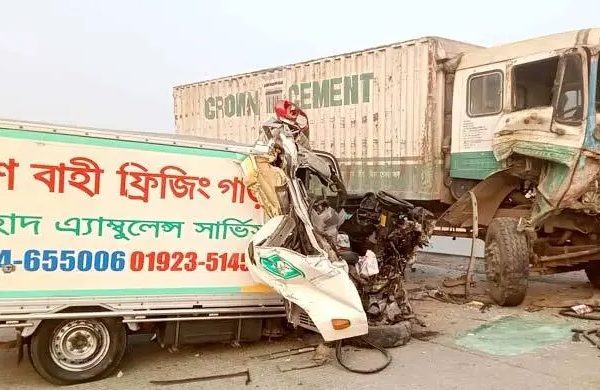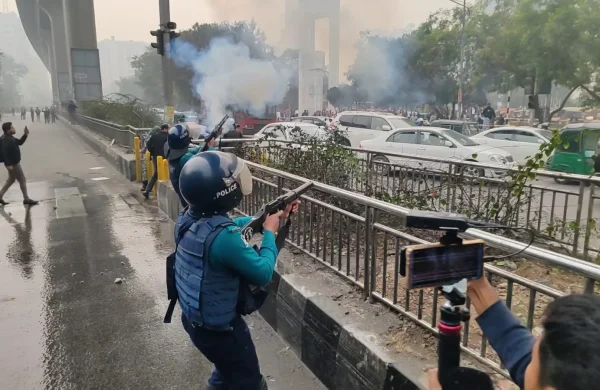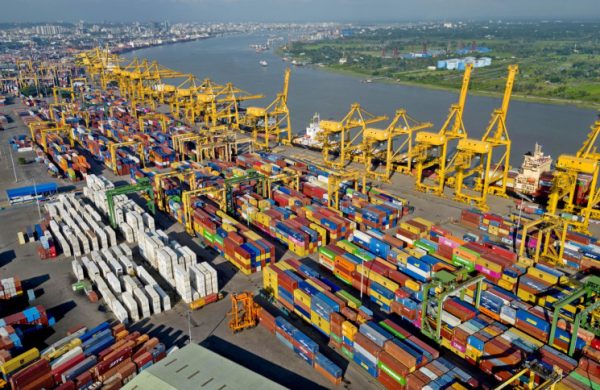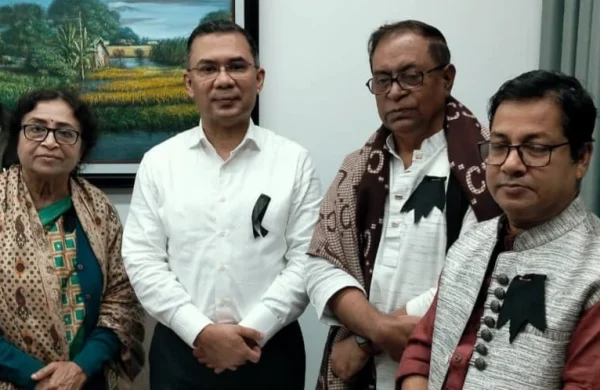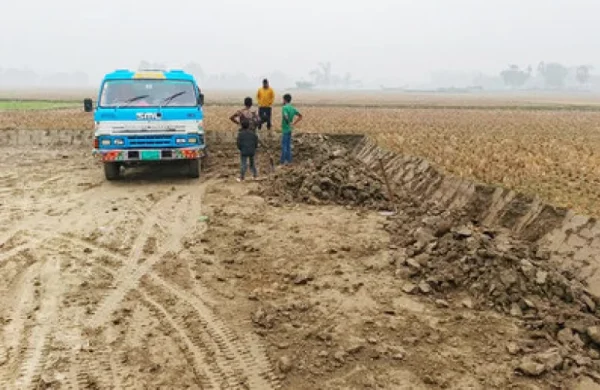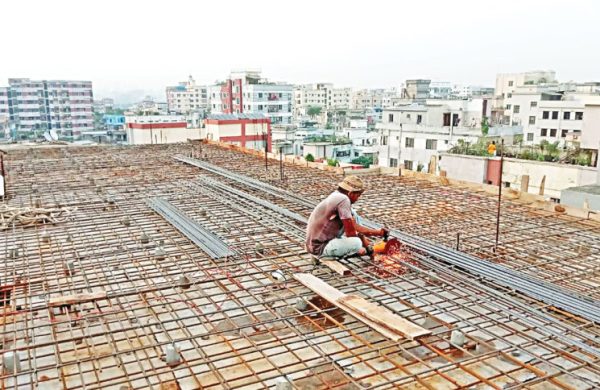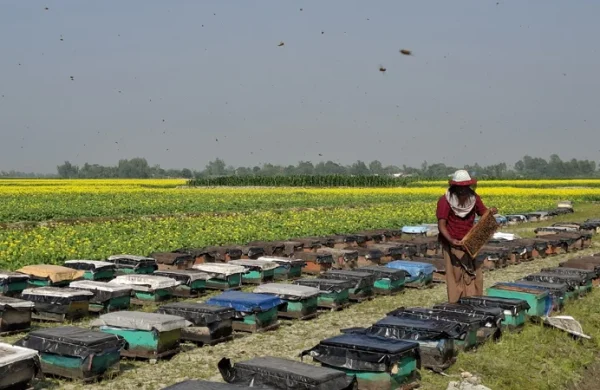6 years on, Dhaka’s bus reforms stall amid political resistance, powerful interests
- Update Time : Saturday, November 2, 2024

Following a recent shift in government, the committee has seen new leadership but has convened only once so far.
TDS Desk:
Six years on, Dhaka’s bus reforms stall amid political resistance, powerful interests
Six years after a committee was formed to streamline Dhaka’s chaotic bus system, city commuters have yet to see tangible improvements.
Tasked with consolidating bus ownership and redesigning complex routes, the committee has made minimal progress, having failed to form a single operating company or introduce comprehensive services on any of the proposed 22 routes under the nine designated clusters.
Despite initially experimenting with bus services on four routes and finalising rules for the formation of bus companies, the committee’s efforts have largely stalled.
Insiders attribute this inaction to resistance from powerful bus owners with political backing from the previous Awami League government, which stymied the implementation of the committee’s plans.
Following a recent shift in government, the committee has seen new leadership but has convened only once so far.
Without effective measures, Dhaka continues to experience road accidents caused by reckless bus racing, traffic congestion and road safety issues.
For instance, in a tragic incident on 9 October, two sisters lost their lives on Progati Sarani as a result of a passenger race between two buses operated by Akash Paribahan.
This highlights ongoing issues with unregulated competition among buses, which often belong to multiple owners within the same company.
The committee, initially formed on 9 September 2018, with the Dhaka South City Corporation (DSCC) mayor as convener, introduced bus services on three routes, but limited bus operations led to an ineffective rollout.
Transport expert and committee member SM Salehuddin cited missteps by former DSCC and Dhaka North City Corporation (DNCC) mayors Sayeed Khokon, Sheikh Fazle Noor Taposh and Atiqul Islam.
“The mayors diverged from initial plans, publicly inviting bus owners to operate on new routes rather than sticking to agreed-upon operators and failed to secure agreed loans,” he said.
New leadership in the committee, including fresh faces from the administration and bus operators, brings some hope.
Salehuddin expressed optimism that this group may successfully carry forward the effort.
Bangladesh Institute of Planners President Adil Mohammed Khan emphasised prioritising bus route reform under the interim government.
“The previous government focused on metro rail and expressways, overlooking buses – the main mode of transport. While buses are central to our strategic transport plan, we have left them under the control of powerful bus owners,” he added, underscoring the urgency of the reforms.
Attempts to reach former mayors Sayeed Khokon, Sheikh Fazle Noor Taposh and Atiqul Islam for comment were unsuccessful.


